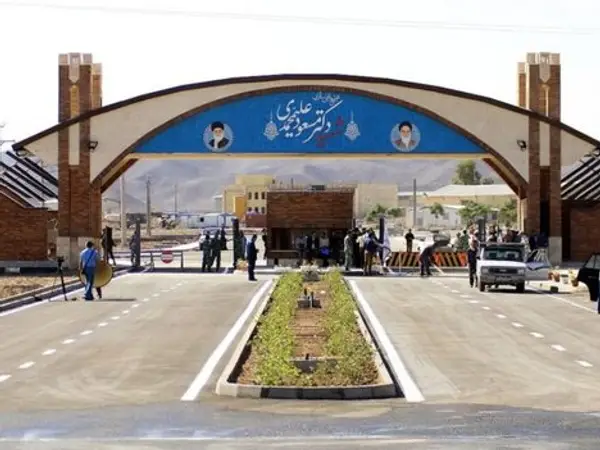In its latest breach of limits set by its 2015 nuclear deal, Iran has begun producing enriched uranium with advanced centrifuges at its underground Fordow plant.
The United Nations atomic watchdog, the International Atomic Energy Agency (IAEA), reported the move Wednesday on the third day of talks in Vienna designed to revive the 2015 agreement, the JCPOA (Joint Comprehensive Plan of Action).
European diplomats flagged up to journalists Monday Iran’s use of more advanced centrifuges, the devices used to enrich uranium. The JCPOA limited Tehran to 5060 IR-1 machines, with a limited number of more advanced ones used purely for research.
A November report from the IAEA noted Iranwas running IR-4 and IR-6 centrifuges at the Natanz site to enrich to 60 percent, far above the 3.67 percent JCPOA cap. The IAEA also reported that Iran was enriching uranium with IR-1 centrifuges while testing IR-6 machines at Ferdow, a fortified underground plant where enrichment is banned under the JCPOA.
But Wednesday’s IAEA statement said Iran had now started enrichment up to 20 percent at Ferdow with one cascade, or cluster, of 166 advanced IR-6 machines. The agency said Iran had also installed but was not yet operating another 94 IR-6 machines in a cascade at Fordow.
According to a note circulated to IAEA member states and seen by some news agencies, Iran has agreed with the agency increased frequency of agency inspectors’ verification activities at Ferdow and “practical arrangements to facilitate implementation of these activities.”
Iran has expanded its nuclear program since 2019 in response to United States ‘maximum pressure sanctions’ introduced when previous president Donald Trump left the JCPOA in 2018. By exceeded the JCPOA enrichment cap of 3.67 percent and using more efficient centrifuges that increase the speed of enrichment, Tehran has effectively reduced ‘break out,’ the time required to produce enough 90-percent-enriched ‘weapon grade’ uranium for a crude nuclear device.
The continuing expansion of the program, even if it gives Iran greater leverage in Vienna, increases the talks’ challenge of agreeing exactly how Tehran’s nuclear activities can be brought back within JCPOA limits. The talks – which resume this week after a five-month break – failed from April to June to agree not just on this, but also on which US sanctions are incompatible with the JCPOA.
Iran has also since February reduced the level of its co-operation with the IAEA to that required under the Nuclear Non-Proliferation treaty, justifying this in part as a response to a series of attacks on its nuclear sites widely attributed to Israel.
